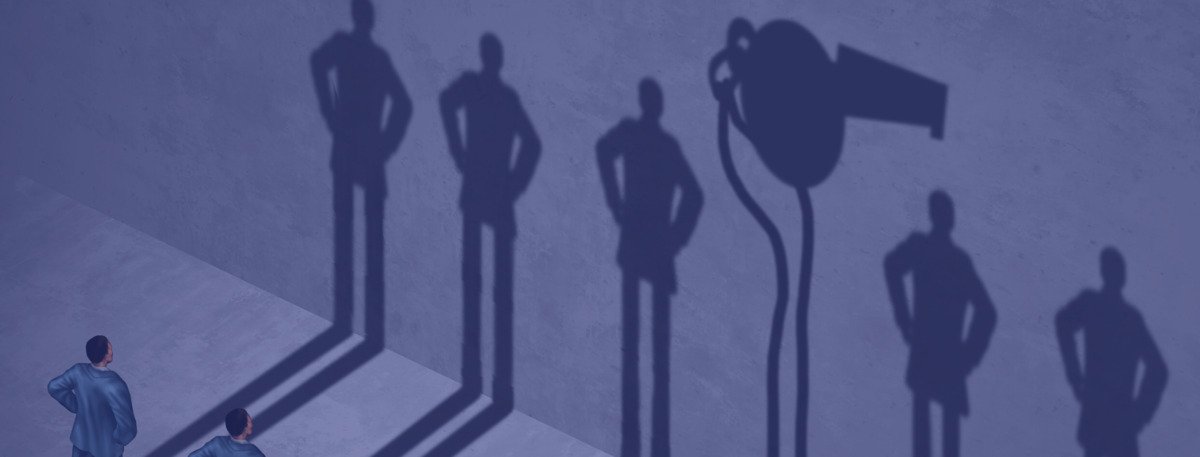
State and federal laws provide robust protections to whistleblowers. However, you cannot use these laws if you cannot keep yourself safe.
Your safety and security should always be a whistleblower attorney’s top priority. Here are some tips about how to safely blow the whistle.
Confidentially Talk to a Civil Rights or Whistleblower Lawyer
If you are considering becoming a whistleblower or shining light on misconduct or fraud, you should first talk to a whistleblower rights lawyer. Many provide free consultations and will talk you through the specifics of gathering information in your situation. This is a good first step because a skilled whistleblower rights attorney will help you avoid common missteps, some of which are discussed below.
Do Not Create an Electronic Record of Your Efforts to Gather Information
Many employees will attempt to gather information by forwarding work emails to their personal email addresses or by copying files to external hard drives or other devices. These are not typically the safest or best ways to preserve evidence and most lawyers will advise against this.
You should always be aware that your employer may be monitoring electronic communications or network activity. Certain conduct, like forwarding confidential information or downloading files to personal devices, may violate your employer’s computer use policies and give your employer a legitimate excuse to terminate you. It may also alert them to the fact that you are going to blow the whistle and invoke scrutiny or even efforts to destroy evidence.
There are other ways to preserve evidence of wrongdoing that does not pose the same risks to you. Sometimes this can include printing out documents that you rightfully have access to. Other times the best way of preserving evidence of wrongdoing is to take a photograph using a personal device or take handwritten notes copying the evidence. Depending on where you live, you may be able to record people discussing the misconduct. (In California, it is illegal to record others without consent when there is a reasonable expectation of privacy; many other states do not have the same restrictions.)
The best approach may depend on the situation, which is why you should consult a lawyer when deciding to blow the whistle.
Determine Whether to Blow the Whistle Internally or Outside the Organization
While the vast majority of whistleblower rights laws protect you from retaliation when you make internal complaints, certain whistleblower rights laws do not. (This is primarily an issue if you are a law enforcement whistleblower.)
In addition, you may forfeit your right to obtain a qui tam award—an incentive payment for blowing the whistle on certain types of fraud—if you publicize the wrongdoing. Under the False Claims Act and other whistleblower laws relating to fraud, you can only obtain a whistleblower reward if the information you provide is not “public.” You may lose the ability to claim a reward if you make information public.
Because this is a complicated area of law with lots of nuance, you should talk to an attorney to determine what kind of complaint will give you the strongest legal protections.
Enlist the Help of Non-Profits or Law Enforcement if You Are Reasonably Concerned for Your Safety
While this is not often an issue, some whistleblowers have such sensitive information, or work for such corrupt companies or organizations, that they fear for their safety if they speak up. There are resources available to brave people in this situation. A skilled attorney will make efforts to understand your fears and connect you with resources to ease this stress.
Talk to an Experienced Whistleblower Rights Attorney
We understand that shining light on misconduct can be a big decision. You shouldn’t have to navigate this situation alone. We provide free, confidential consultations to potential whistleblowers.
Do not hesitate to contact us today through our website or give us a call at (213) 465-4802 to schedule a free consultation. All consultations are 100% confidential.

